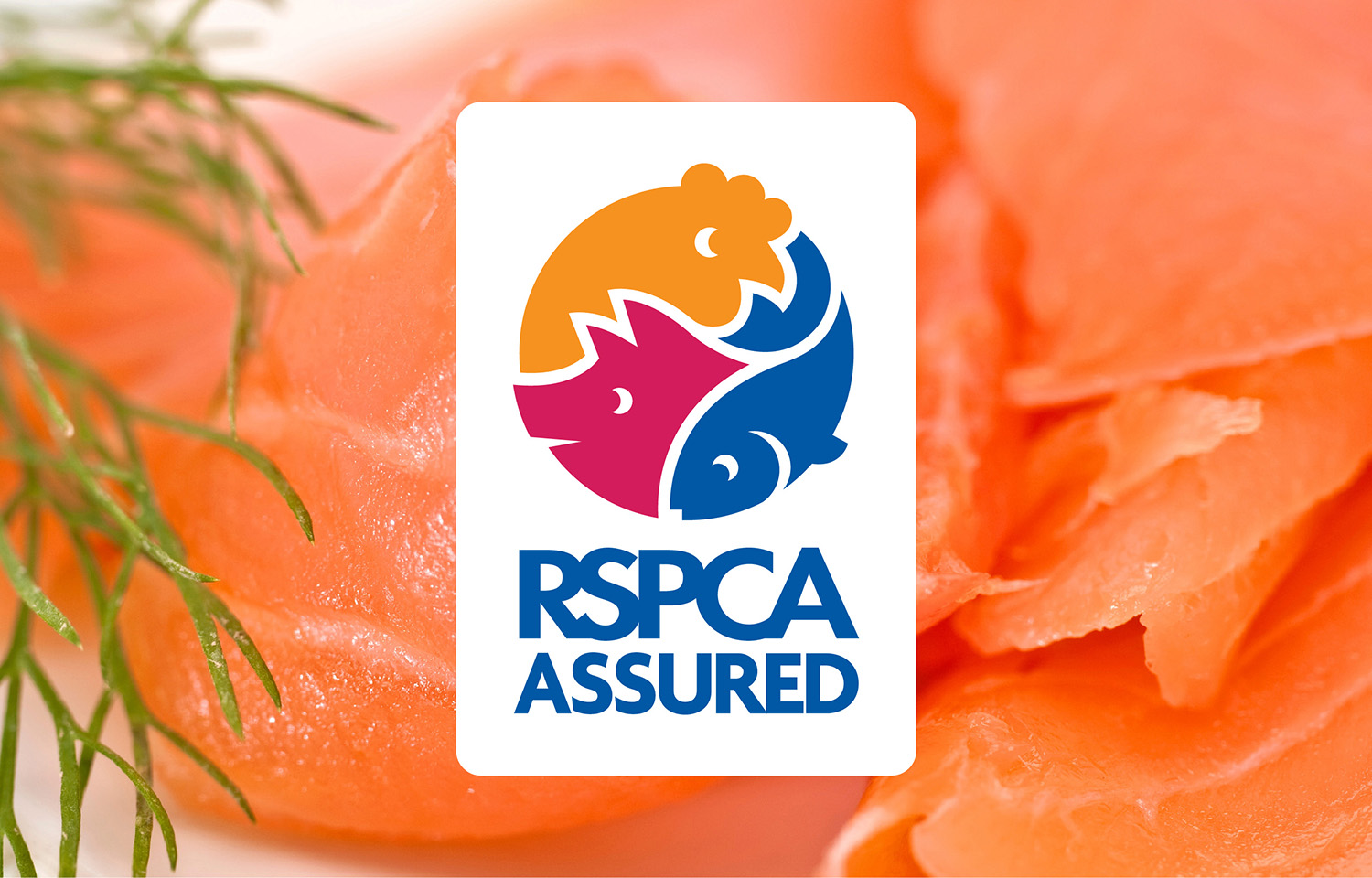In response to mounting criticism, the Royal Society for the Prevention of Cruelty to Animals (RSPCA) has introduced major changes to its salmon eco-labeling standard.
The U.K.-based nonprofit has operated its RSPCA Assured standard, which provides rules for the management of animal health and welfare, as well as the ecosystem impacts of aquaculture operations that apply for certification, since 2014. Currently, around 70 percent of salmon farms in the U.K. have RSPCA Assured certification.
Amid growing criticism of the industry from animal welfare advocates, the RSPCA Assured standard came under closer scrutiny, and by 2023, even the organization’s own president was calling for reform. The organization announced in January 2024 it was revising the standard.
The new RSPCA farmed Atlantic salmon welfare standard was unveiled on 19 February and
“The new farmed Atlantic salmon standards will be a huge step forward for fish welfare and, among other changes, include pioneering new standards for non-medicinal treatments for sea lice and gill disease,” Black said. “Further, we are pleased to introduce over 80 new standards to improve cleaner fish welfare. These include the need to risk assess the impact of treatments on their welfare; the requirement to record, categorize, and monitor all mortality causes; and reduce transport stocking density.”
The new standard includes over 300 new or revised criteria, including:
- The introduction of non-medicinal treatment standards for sea lice and gill disease;
- Mandatory regular welfare outcomes assessments at both freshwater and seawater sites;
- Improvements to the stunning and slaughter processes, including introducing the requirement for CCTV coverage for the entire slaughter process;
- Clarifying the requirement to undertake daily checks for sick or dying fish in all tanks and enclosures, with immediate action required for any issues identified;
- Formal written production plans to prevent unnecessary culling of freshwater parr;
- Updated guidelines for responsible antibiotic use, including requiring annual reviews and written action plans for reducing antibiotic use where required;
- Improved oversight and protocols for the transfer and unloading of smolts to minimize stress and escape risks; and
- Implementation of over 80 new standards aimed at enhancing cleaner fish welfare.
Black said the standard was due for an update since the RSPCA aims for a two-year revision cycle and the last edition of the standard was released in February 2021. The new standard just released also took into account criticism of the Scottish industry fueled by lawsuits and videos generated by conservationists and animal rights activists, Black said.
“We know all RSPCA Assured members want the best for the animals in their care, and we hope that the new standards will help them to achieve their higher welfare goals,” Black said. “We are continually grateful to all RSPCA Assured members, veterinarians, and fish health professionals, academics, industry experts, and others who work with us to improve farmed animal welfare.”








